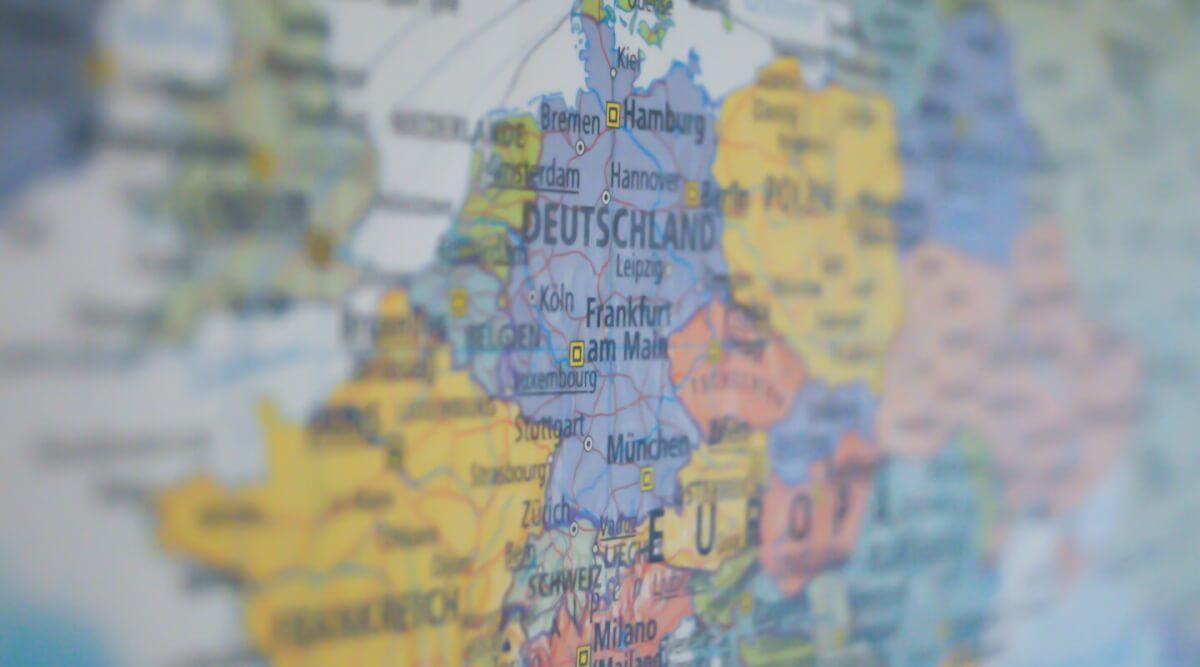What are the weakest currencies in the world? (2025)
The weakest currency in the world might not be the one you think it is. Discover the 10 weakest global currencies and our guide to each of them.

The idea of a European single currency had been discussed since the 1960s. It wasn’t until 1999, after years of negotiation and discussion, that the euro finally started becoming reality. It is now used by 19 of the EU’s 28 countries, known as the “eurozone”. We take a look at what the euro has meant for Europe and what the future may hold.
At midnight on 1st January 1999, the euro was launched - but just in non-physical form (mainly electronic transfers). At that moment, the national currencies of the countries taking part in the exciting new project stopped existing in any meaningful way, as their exchange rates became locked into fixed rates - this effectively just made them differently named versions of the euro. Countries began educating their citizens about the new currency, and in December 2001, banks began giving out “starter kits”, with a selection of the new coins - mostly totalling between €10 and €20. From 1st December 2001, the currency was released from storage (where it had been sitting since minting began in 1998) to retailers, and the switch-over began. Old currency could be used (with some exceptions, such as Germany who phased it out earlier) until the end of February 2002. After that point it was euro or nothing.
Once various practical problems had been ironed out (such as modifying payphones for the new coins), the euro proved as successful as its champions had hoped. It increased in value rapidly against the US dollar and UK sterling during the 2000s and more countries joined: Slovenia in 2007, Cyprus and Malta in 2008 and Slovakia in 2009. The eurozone officially entered recession in late 2008 - but this was mirrored elsewhere in the world and wasn't a specifically EU issue.
It has been an interesting and challenging few years for the euro. The Greek crash and subsequent European bailout started a conversation about some (mostly southern) European countries leaving the eurozone. The possibility of a “Grexit” meant that potentially any European country could leave the eurozone and of course this uncertainty has had an impact on the financial markets. Financial experts will be looking closely at the upcoming UK EU membership referendum - although the UK is outside the eurozone, withdrawal of one of the richest countries in the EU will have huge ramifications for the stability of the euro. Advocates of the euro argue that a single currency is the only logical way to deal with a unified Europe, as well as being a real symbol of the EU and European identity. On a practical level it makes travelling within the EU much simpler: The euro replaced 22 separate currencies, after all. Euro-sceptics argue that Europe is simply too economically diverse for a single currency, and that the huge recession in Greece and subsequent devaluing of the euro against the USD and GBP has shown the dangers of what happens to a single currency when one of its member states fails.
Financial experts agree that there are several possibilities for the future of the euro. Most unlikely, especially now that the situation in Greece is stabilising, is that the euro will - at some point - crash. That would mean a huge European depression, and unimaginable global consequences. A more likely outcome is that some weaker eurozone countries (specifically Portugal and Greece, and maybe Spain) exit the eurozone. However even this “small” exit would have far-reaching consequences for the remaining eurozone countries. The question of how to restart a country’s currency has yet to be answered - for example, Greece would need to revalue all its assets in a new currency, in order to trade against the euro… and that might be even worse for Greece than remaining in the eurozone. An optimistic, and realistic, outcome is that the EU gradually climbs out of recession, preserving and stabilising the euro. However, the US market (the euro’s biggest trading partner) is already showing wariness when trading with the EU. Even the remote possibility of collapse slows markets and has a negative effect on economic growth. If you found this article interesting, take a look at our predictions for the future of banking, and how technology has changed the face of the industry forever.
*Please see terms of use and product availability for your region or visit Wise fees and pricing for the most up to date pricing and fee information.
This publication is provided for general information purposes and does not constitute legal, tax or other professional advice from Wise Payments Limited or its subsidiaries and its affiliates, and it is not intended as a substitute for obtaining advice from a financial advisor or any other professional.
We make no representations, warranties or guarantees, whether expressed or implied, that the content in the publication is accurate, complete or up to date.

The weakest currency in the world might not be the one you think it is. Discover the 10 weakest global currencies and our guide to each of them.

The strongest currency in the world might not be the one you think it is. Discover the top 10 global currencies right now (plus a few more) and guides to each.

If you bank with Chase UK®¹ and you’re worried about the security of your payment card, you’ll be looking for quick and convenient ways to cancel a Chase card...

If you’re planning a holiday or business trip, you’ll need to work out the cost of spending in a different currency. Many people these days choose to spend on...

Looking for Christmas savings tips? You’re in the right place. As the costs of living increase, and rising interest rates push up mortgage repayments for many...

For customers of Wise Payments Ltd, sending or holding money in the Wise account, we safeguard it in keeping with Wise’s regulatory obligations in the UK. We...